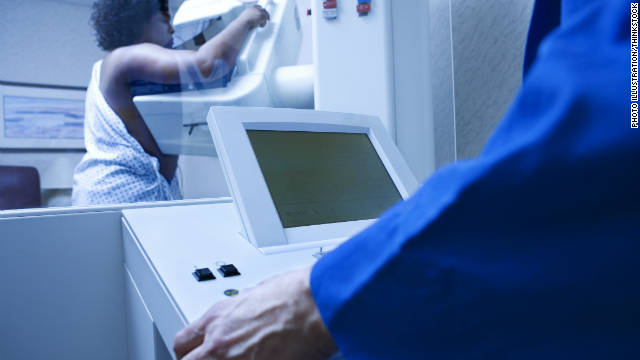Nebraska-based Tyson Fresh Meats Inc. is recalling about 40,948 pounds of ground beef products, on suspected contamination with E. coli O157:H7 bacterium, the US Department of Agriculture's Food Safety and Inspection Service said.
10-pound chubs of "Chuck Fine Ground Beef 80/20" is what's being recalled. Read More Here or See Video on CBSnews.com.
Infection often causes severe, acute hemorrhagic diarrhea (although nonhemorrhagic diarrhea is also possible) and abdominal cramps. Usually little or no fever is present, and the illness resolves in five to 10 days. It can also be asymptomatic. To learn more about E.coli, check out the info on Wikipedia.












